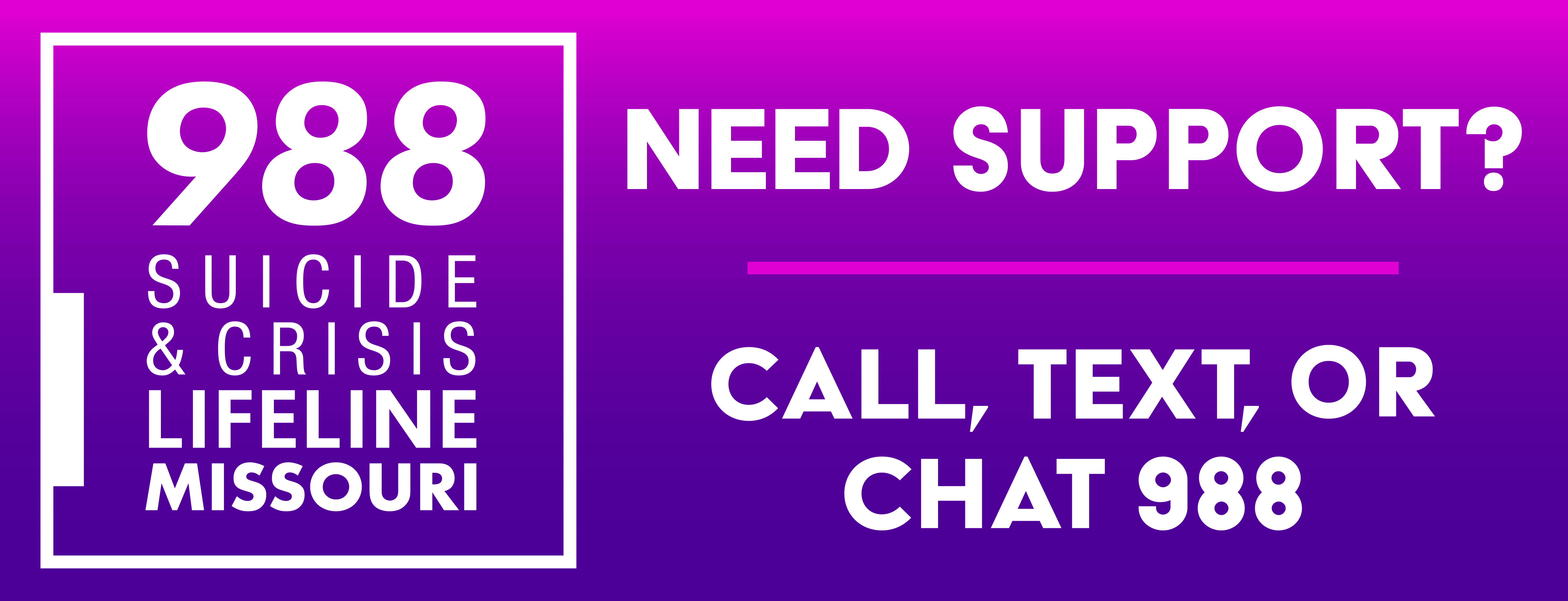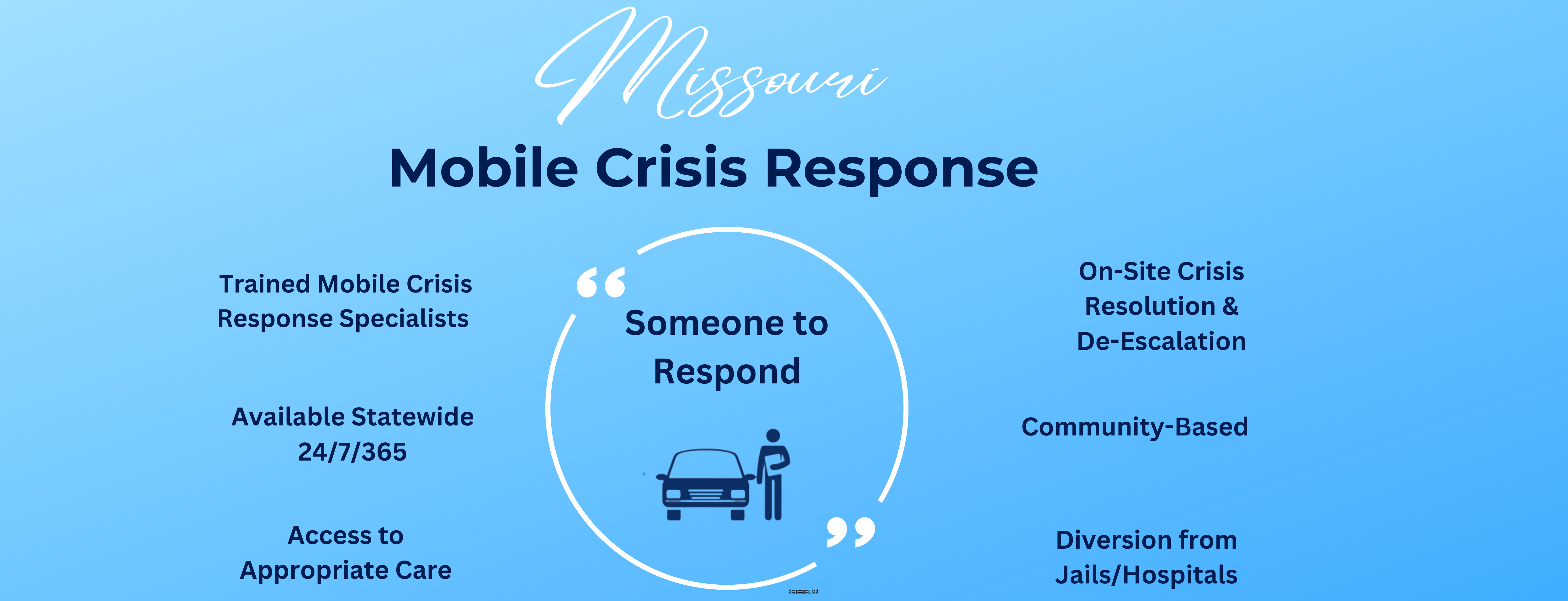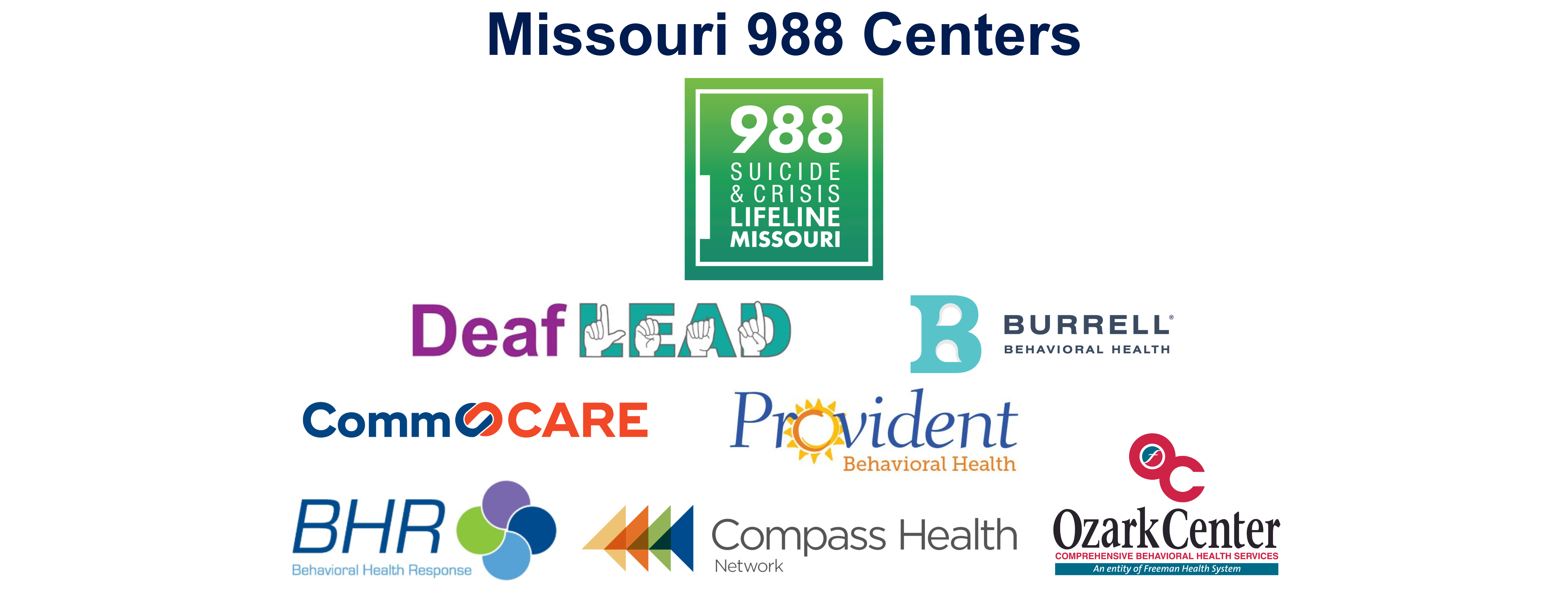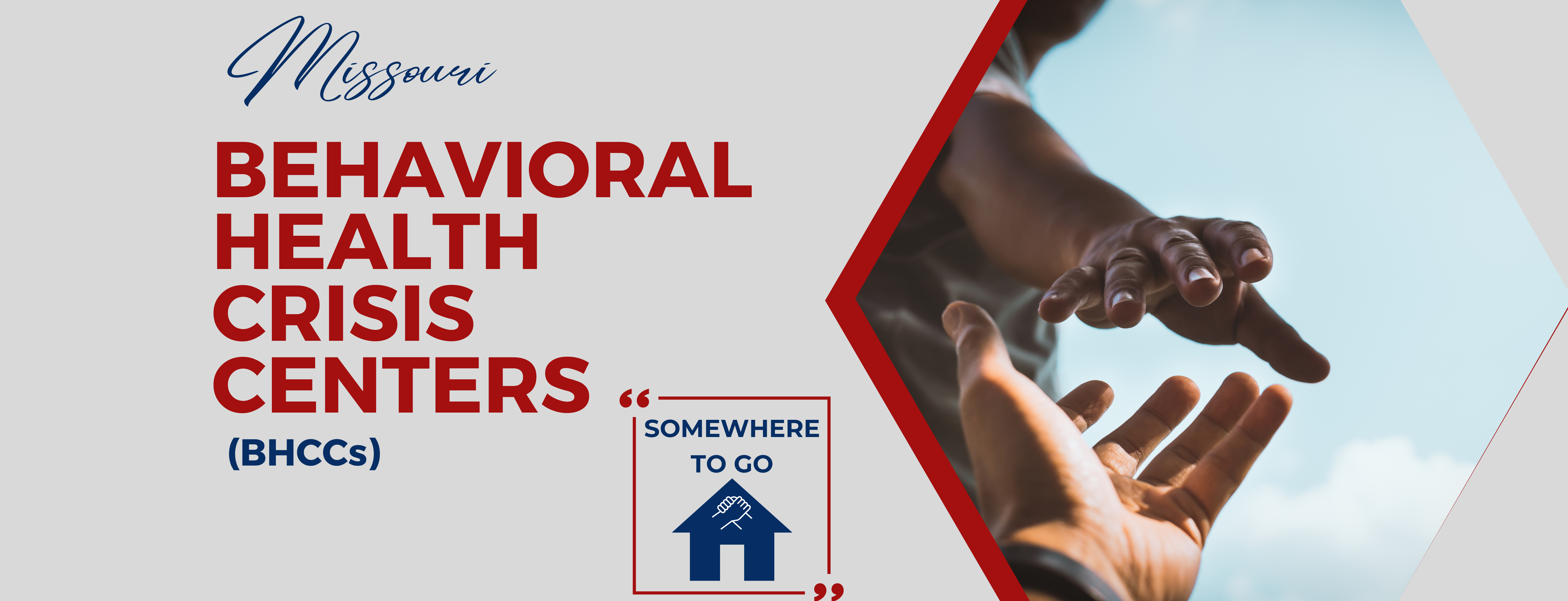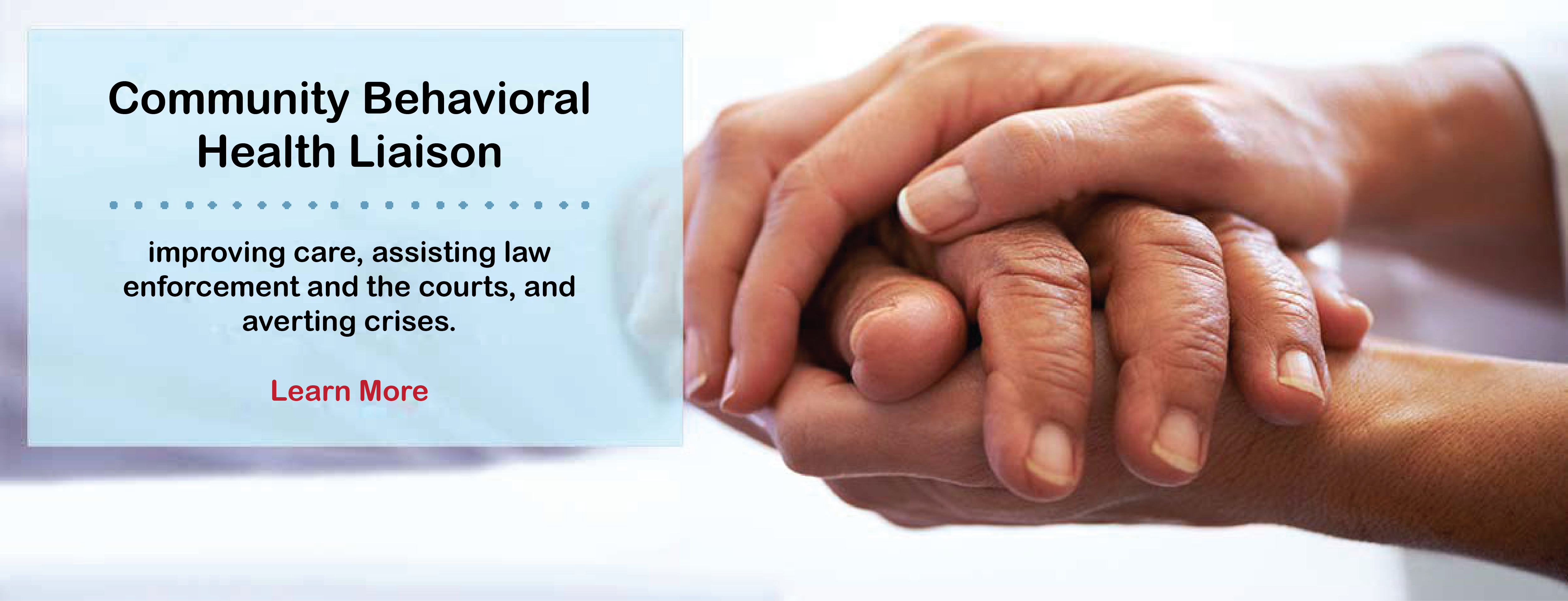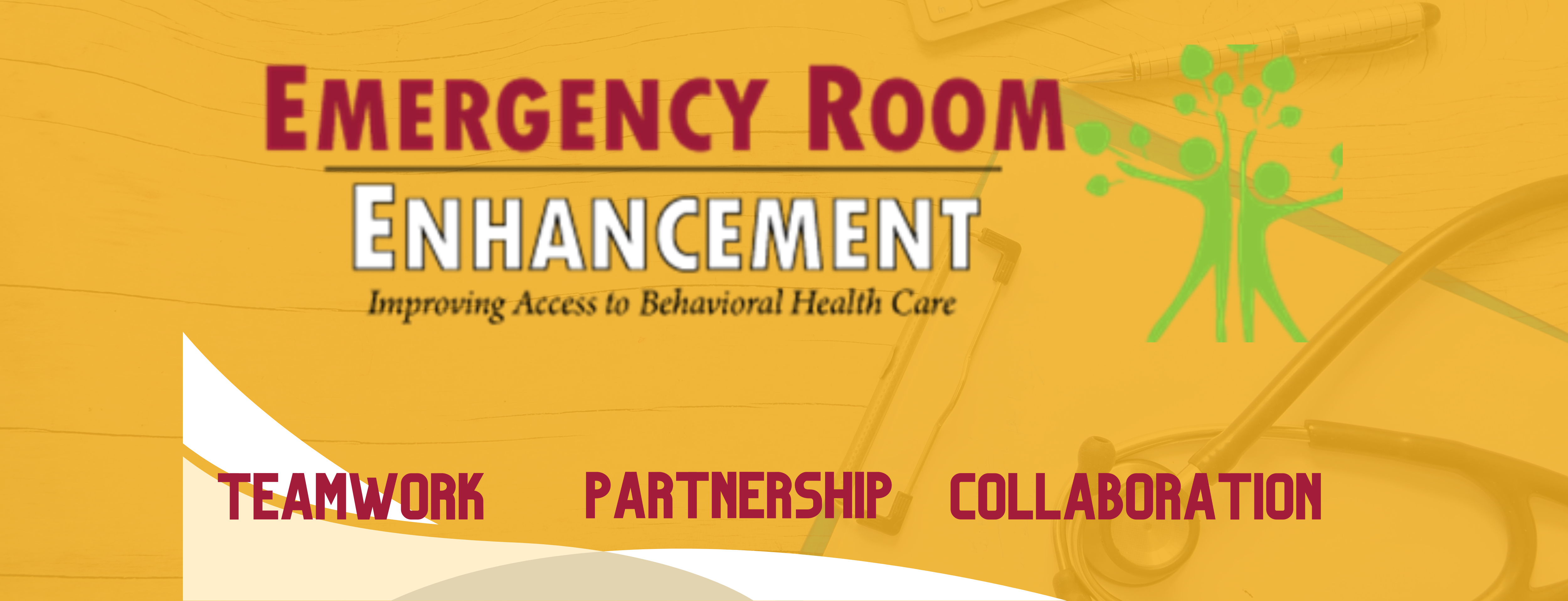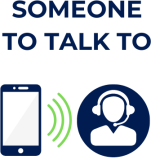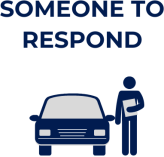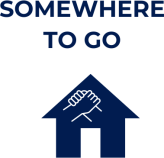988 Suicide & Crisis Lifeline
If you or someone you know is in a mental health, suicide, or substance use crisis, help is available.
Reach out to the 988 Suicide & Crisis Lifeline by calling or texting 988,or the 988 Lifeline Chat.
If you are experiencing a medical emergency or safety emergency requiring law enforcement, EMS, or fire, call 911 or go to your nearest emergency room.
What are Crisis Services?
Like a health crisis, a mental health, alcohol, or drug crisis can be hard for the person experiencing it. It is also hard on their loved ones and their community. In the moment, the person may feel overwhelmed or unable to cope with what is happening. Some crises include safety concerns for the person or those around them.
Crisis Services are for anyone, anywhere and anytime. They are the first line of care in helping people in crisis or emotional distress and preventing tragedies. DMH strives to use the best tools and practices to meet the needs of people in crisis. The goal is to help each person work through the crisis. This can be done in different types of settings. Missouri follows national best practices to provide crisis services in three ways:
- Someone to talk to: 988 crisis specialists accept all calls, texts, and chats. They help with the immediate need and can connect people to resources for ongoing help;
- Someone to respond: If help from 988 is not enough, mobile crisis response staff can meet the person where they are in the community and provide in-person help;
- Somewhere to go: If a person needs more help than mobile crisis response can provide, they can go to a crisis center. Crisis centers provide more intense help for up to 23 hours and can usually help the person not need to be hospitalized.
Someone to Talk To:
988 - The three-digit number for anyone going through a mental health, suicide, alcohol, drug or other kind of emotional distress. The goal of 988 is to connect people to a crisis specialist 24/7 through call, text or chat. DMH is working with seven 988 Lifeline centers to handle all 988 contacts that come from Missouri. Together, the seven centers cover each county in Missouri, including the City of St. Louis.
How Does It Work?
When someone in crisis calls, texts, or chats, 988, they will be connected to a crisis specialist who is trained and prepared to deliver crisis support in the moment. Because a crisis is defined by the individual or family experiencing it, the crisis specialist will work with the person to understand and address their needs and concerns. The crisis specialist will also work with them to connect to ongoing resources and supports if needed. Calls are routed based on the closest cell tower to the caller's location. The exact location of the caller is not shared with 988.
When Should You Reach Out to 988?
If you are thinking about suicide, are experiencing a mental health or substance use crisis, are in emotional distress or are worried about a friend or loved one, reach out to the 988 Suicide & Crisis Lifeline for support by calling or texting 988, or the 988 Lifeline Chat
Someone to Respond:
Mobile Crisis Response - If help from 988 is not enough, mobile response can meet the person where they are in the community to help them through their crisis.
Mobile Crisis Response infographic
Mobile Crisis Response Map
How Does it Work?
Mobile Crisis Response services offer community response to help the person in crisis. Crisis specialists may include peer specialists (who have lived through what the person in crisis may be going through). The person may also be connected to services they need to help prevent future crisis situations. Mobile crisis response is available across the state, and this service is available 24/7.
Somewhere to Go:
Behavioral Health Crisis Centers - provide a place for people to go who are in crisis for short periods of time. Behavioral Health Crisis Centers (BHCCs) are used if the person’s crisis is not resolved over the phone or in person with a mobile crisis response. This may prevent the person from needing to go to an emergency or room jail. A goal of BHCCs is to provide a safe space for the person to receive mental health and drug services for their crisis. BHCCs have an open-door policy. No one needing help will be turned away because they cannot pay or do not have insurance.
How Does it Work?
Behavioral Health Crisis Centers (BHCCs) provide care that brings the person back to their previous level of functioning before the crisis started. They connect the person to community resources to make sure the person stays safe and has a plan to help prevent future crises. BHCC’s provide walk-in services. They also give first responders options other than taking the person to the emergency room or jail. M.
Missouri Behavioral Health Council/Behavioral Health Crisis Centers (BHCC)
Current Crisis Services Certification Standards
- Missouri Crisis Service Newsletters
- First Responder Resources
First Responder Resources
First responders are the first to arrive and provide assistance or incident resolution at the scene of an emergency. Due to the first responder job demands, first responders have the potential for burnout, stress, PTSD, suicide risk, and various other mental health issues.DMH is committed to finding, creating, and/or sharing resources for first responders.
- Crisis Response Resources for First Responders - This document can be printed and posted in break rooms, squad rooms, zone offices, etc. to remind first responders of the crisis resources available.
- Additional Crisis Related Resources
Crisis Residential Programs
- Crisis Residential Programs serve people who may not be able to recover at a BHCC within 23 hours. They provide help in a home-like setting. A person can access peer support, one-on-one counseling, and group counseling services. Medication services are also offered. These short-term services can help people avoid needing to be hospitalized. Before discharge, the programs connect people to services in their community to provide ongoing help.
Sobering Centers
- Sobering Centers provide supervised care for people to safely recover from the effects of alcohol and drugs. They operate 24 hours per day, 7 days per week. Care can be provided for up to 23 hours. To receive services, a person must be nonviolent. A Sobering Center may not accept all walk-ins.
Emergency Room Enhancement (ERE)
- Emergency Room Enhancement programs were designed to reduce barriers that prevent individuals from seeking care in the most appropriate setting. ERE programs aim to reduce the use of emergency departments and hospitalizations as well as decrease rates of homelessness, unemployment, and arrests/law enforcement involvement by engaging individuals into treatment and utilizing community supports.
Crisis Intervention Team (CIT)
- The Missouri CIT program is a partnership that includes law enforcement, behavioral health providers, hospitals, the court system, individuals with lived experience and community partners who are dedicated to implementing the Missouri Model of CIT. The goals of CIT are to promote more effective interactions between law enforcement and individuals in crisis through a 40 hour training centered on behavioral health education and de-escalation skills; Help individuals in crisis by connecting them with appropriate community resources in an effort to divert involvement with the criminal justice system, Improve the safety of the officer and individuals in crisis; Reduce stigma; and Expand CIT across the state.
Community Outreach - Missouri Liaisons
- Community Behavioral Health Liaisons (CBHLs), and Youth Behavioral Health Liaisons (YBHLs)
- Community Behavioral Liaisons Infograph
Other Resources:
- Missouri 988 Website
- Missouri Crisis Resources Interactive Map
- Suicide Prevention & 988 Guide for Missouri Schools
- Missouri Suicide Prevention Network
- Statewide Suicide Prevention
- National Guidelines for Behavioral Health Crisis Care
- National Guidelines for Child & Youth Behavioral Health Crisis Care
- National 988 Information
- Other Crisis Assistance

